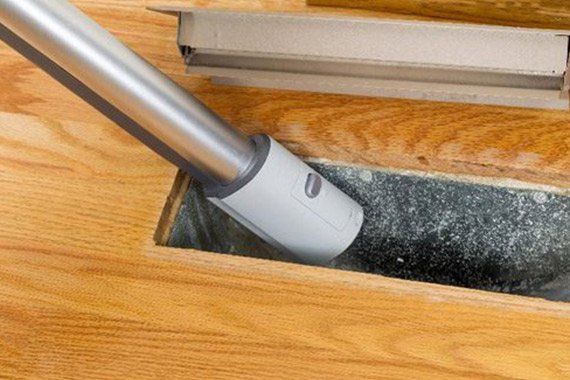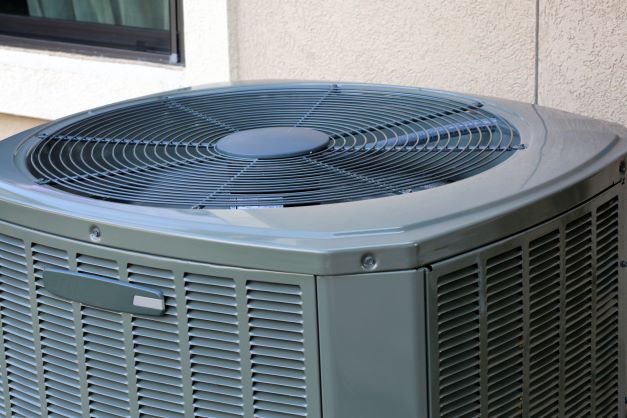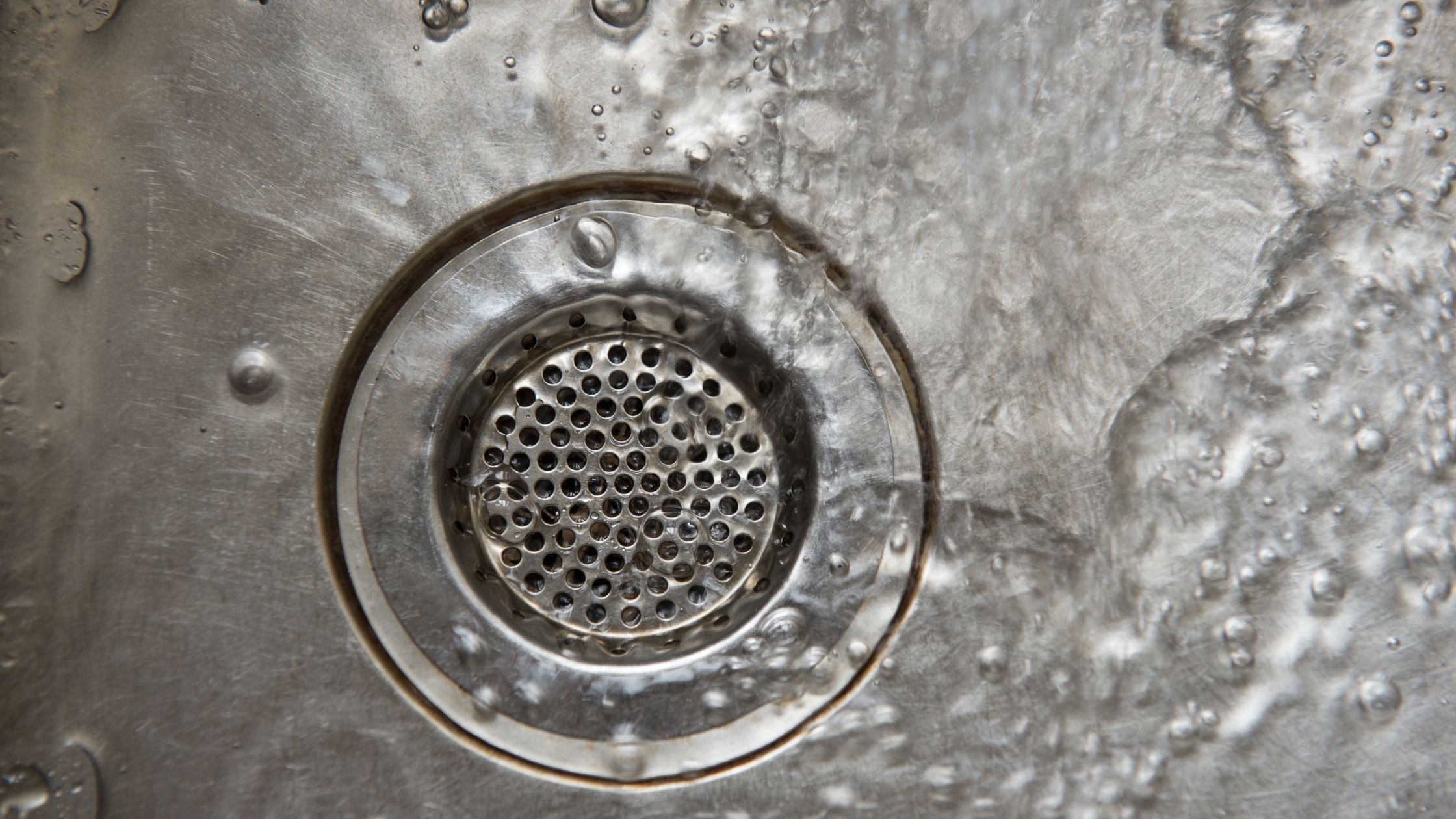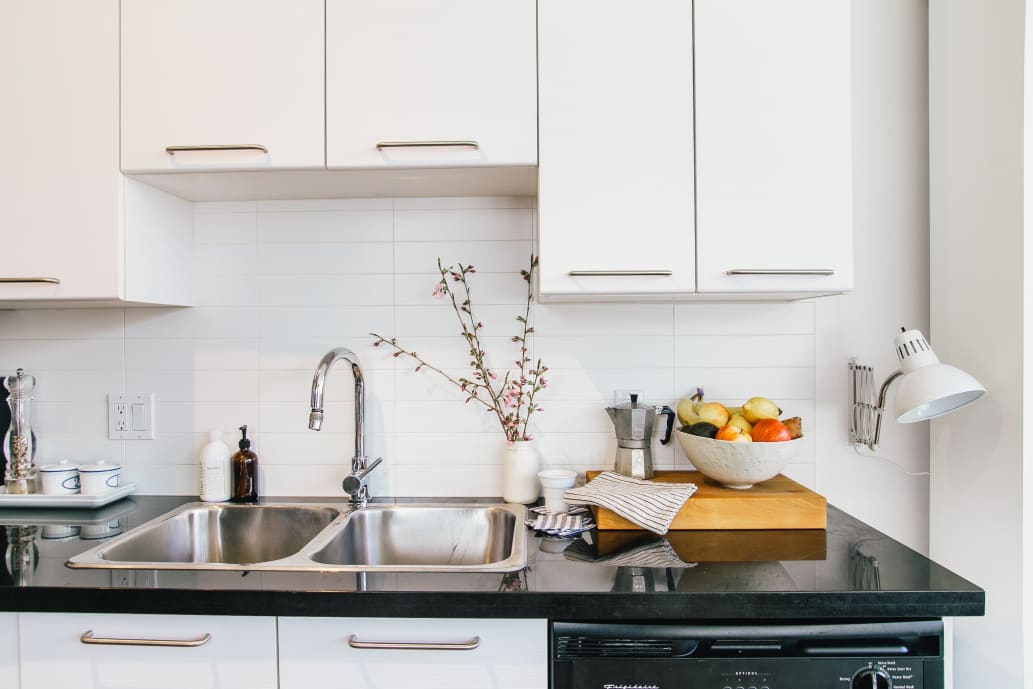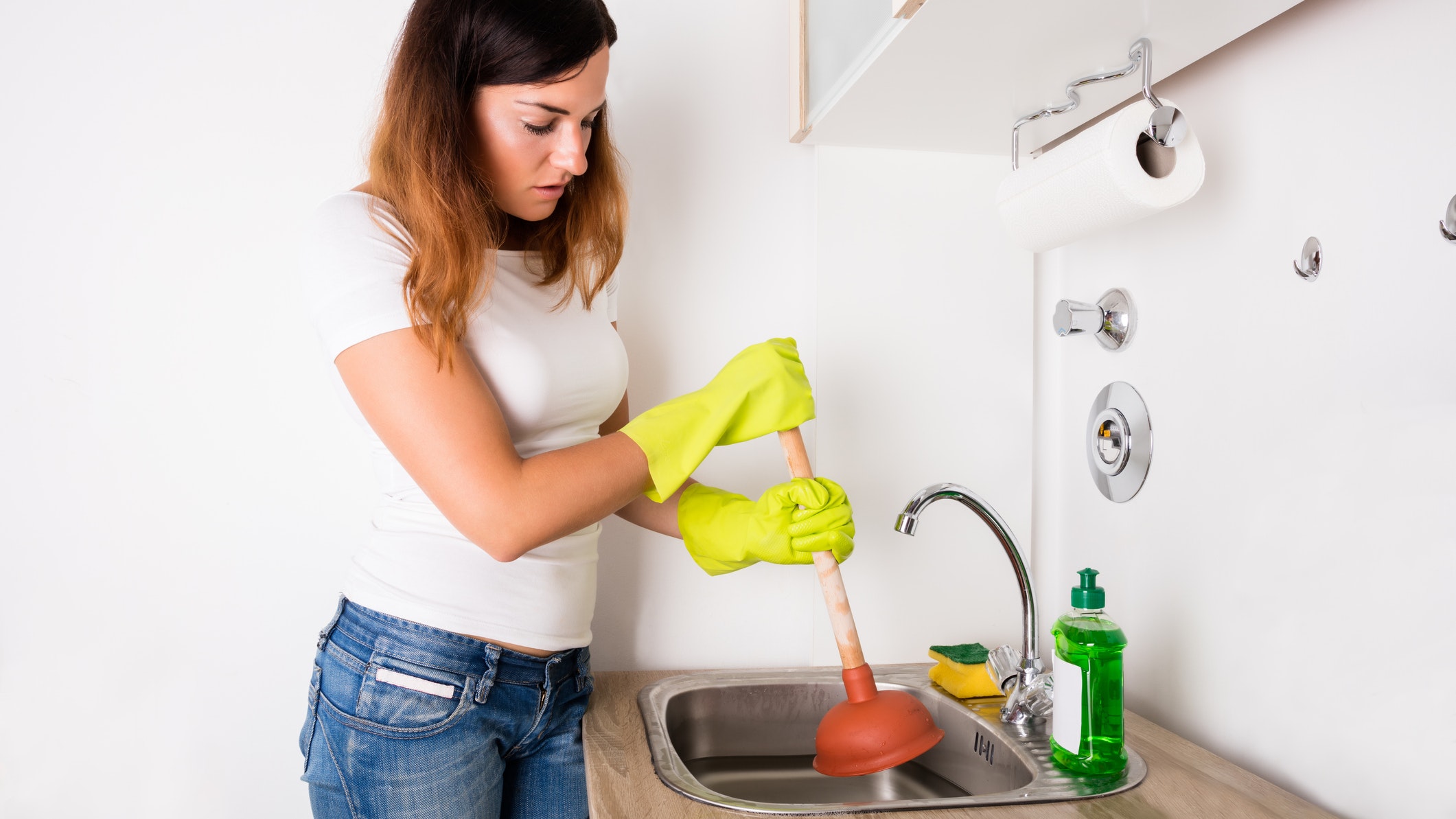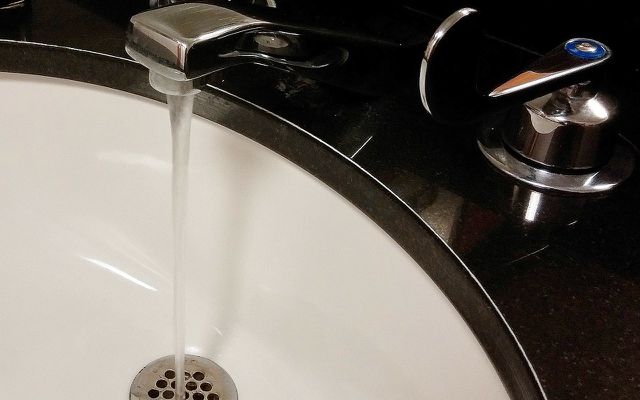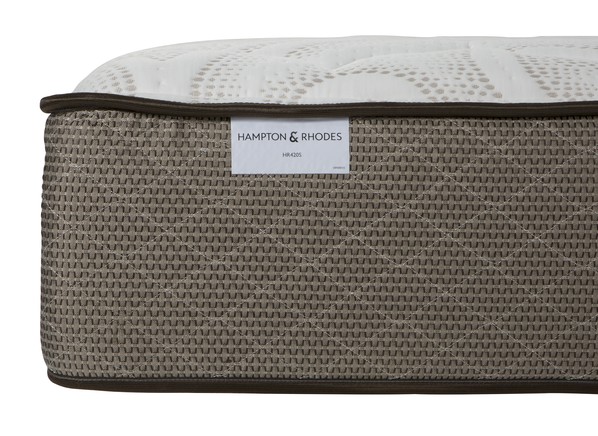Bathroom Sink Drain Overflow Stinks
Dealing with a stinky sink drain can be a major nuisance in any household. Not only is it unpleasant to deal with, but it can also be embarrassing when guests come over. If you've noticed a foul odor coming from your bathroom sink drain, you're not alone. This is a common issue that many homeowners face. In this article, we will discuss the top 10 causes of sink drain odors and provide tips on how to fix and prevent them.
How to Fix a Stinky Sink Drain
Before we get into the details, it's important to understand that a smelly sink drain is usually a sign of a clog or buildup of bacteria and debris. The first step in fixing a stinky sink drain is to identify the cause. Once you know the cause, you can take the necessary steps to eliminate the odor and prevent it from coming back. Here are some tips to fix a stinky sink drain:
Eliminating Sink Odors
If you've noticed a foul smell coming from your sink drain, the first thing you should do is run hot water down the drain for a few minutes. This will help to loosen any buildup and wash away any bacteria that may be causing the odor. If the smell persists, try using a natural drain cleaner made with baking soda and vinegar. Simply pour ½ cup of baking soda down the drain, followed by ½ cup of vinegar. Let it sit for 10-15 minutes before flushing it down with hot water. This will help to break down any clogs and eliminate the odor.
Causes of Smelly Sink Drains
There are several common causes of sink drain odors, including food debris, hair, soap scum, and bacteria. Food particles and grease can easily get stuck in the drain, leading to unpleasant odors. Hair and soap scum can also accumulate in the drain and create a breeding ground for bacteria, resulting in a foul smell. In some cases, a dry P-trap can also cause odors as it allows sewer gas to escape into your home. Identifying the cause is crucial in fixing and preventing a stinky sink drain.
Tips for Cleaning a Stinky Sink Drain
Regularly cleaning your sink drain is essential in preventing odors. You can use a plunger to remove any clogs and debris from the drain. For stubborn clogs, try using a plumbing snake or a mixture of baking soda and vinegar. You can also use a drain cleaning tool specifically designed for sink drains. In addition to cleaning the drain, make sure to regularly clean the sink stopper, as it can also accumulate debris and contribute to the smell.
Preventing Sink Drain Odors
The best way to deal with a stinky sink drain is to prevent it from happening in the first place. Here are some tips to keep your sink drain smelling fresh and clean:
1. Dispose of food properly: Avoid pouring food scraps and grease down the drain as it can lead to clogs and odors.
2. Use a drain catcher: To prevent hair and other debris from going down the drain, use a drain catcher or strainer.
3. Run hot water regularly: Running hot water down the drain regularly can help prevent buildup and keep the drain clean.
4. Use a garbage disposal: If you have a garbage disposal, make sure to use it correctly and regularly clean it to prevent odors.
5. Flush with hot water after each use: After using your sink, make sure to run hot water down the drain to flush away any debris and bacteria.
Natural Remedies for Smelly Sink Drains
If you prefer to use natural remedies, here are a few options to help eliminate odors in your sink drain:
1. Baking soda and vinegar: As mentioned earlier, a mixture of baking soda and vinegar can help break down clogs and eliminate odors.
2. Lemon juice and salt: Mix equal parts lemon juice and salt and pour it down the drain. Let it sit for a few minutes before flushing it down with hot water.
3. Essential oils: Certain essential oils, such as peppermint, tea tree, and lavender, have antibacterial properties and can help eliminate odors. Add a few drops to hot water and pour it down the drain.
Troubleshooting a Stinky Sink Drain
If you've tried all the above methods and the smell persists, it may be a sign of a more significant issue. In this case, it's best to call a plumber to inspect the drain and determine the cause of the odor. They can also provide professional cleaning and maintenance services to keep your sink drain in top condition.
Common Causes of Sink Drain Odors
To recap, the most common causes of sink drain odors are food debris, hair, soap scum, and bacteria. A dry P-trap can also contribute to the problem. Regular cleaning and proper disposal of food and debris can help prevent odors from occurring.
How to Get Rid of a Stinky Sink Drain
A stinky sink drain can be a frustrating and unpleasant problem to deal with. However, with the right information and methods, you can easily eliminate the odor and prevent it from coming back. Remember to regularly clean and maintain your sink drain to keep it smelling fresh and clean. If the issue persists, don't hesitate to call a professional for assistance.
The Importance of Proper Bathroom Sink Drain Maintenance

Don't Let Your Bathroom Sink Drain Overflow Stink Up Your Space
 Bathroom sink drains are often overlooked when it comes to house design and maintenance. However, they play a crucial role in keeping your bathroom clean and functional. One of the most common issues with bathroom sink drains is the overflow stink that can quickly become a nuisance in your home. This problem not only creates an unpleasant odor but can also lead to more significant plumbing problems if left unaddressed. In this article, we will discuss the importance of proper bathroom sink drain maintenance and how to prevent the stinky overflow.
Bathroom sink drains are often overlooked when it comes to house design and maintenance. However, they play a crucial role in keeping your bathroom clean and functional. One of the most common issues with bathroom sink drains is the overflow stink that can quickly become a nuisance in your home. This problem not only creates an unpleasant odor but can also lead to more significant plumbing problems if left unaddressed. In this article, we will discuss the importance of proper bathroom sink drain maintenance and how to prevent the stinky overflow.
The Main Culprit: Hair and Soap Scum
:max_bytes(150000):strip_icc()/bathroom-sink-drain-installation-2718843-02-61e5ecbee1e949be8d8f45ac4f5a6797.jpg) The main cause of bathroom sink drain overflow is a buildup of hair and soap scum. As we use our bathroom sink daily, a significant amount of hair and soap residue goes down the drain and can accumulate over time. This buildup can clog the drain and prevent proper water flow, leading to an overflow. Additionally, as the hair and soap scum decompose, they release a foul odor that can quickly spread throughout your bathroom.
The main cause of bathroom sink drain overflow is a buildup of hair and soap scum. As we use our bathroom sink daily, a significant amount of hair and soap residue goes down the drain and can accumulate over time. This buildup can clog the drain and prevent proper water flow, leading to an overflow. Additionally, as the hair and soap scum decompose, they release a foul odor that can quickly spread throughout your bathroom.
The Solution: Regular Cleaning and Maintenance
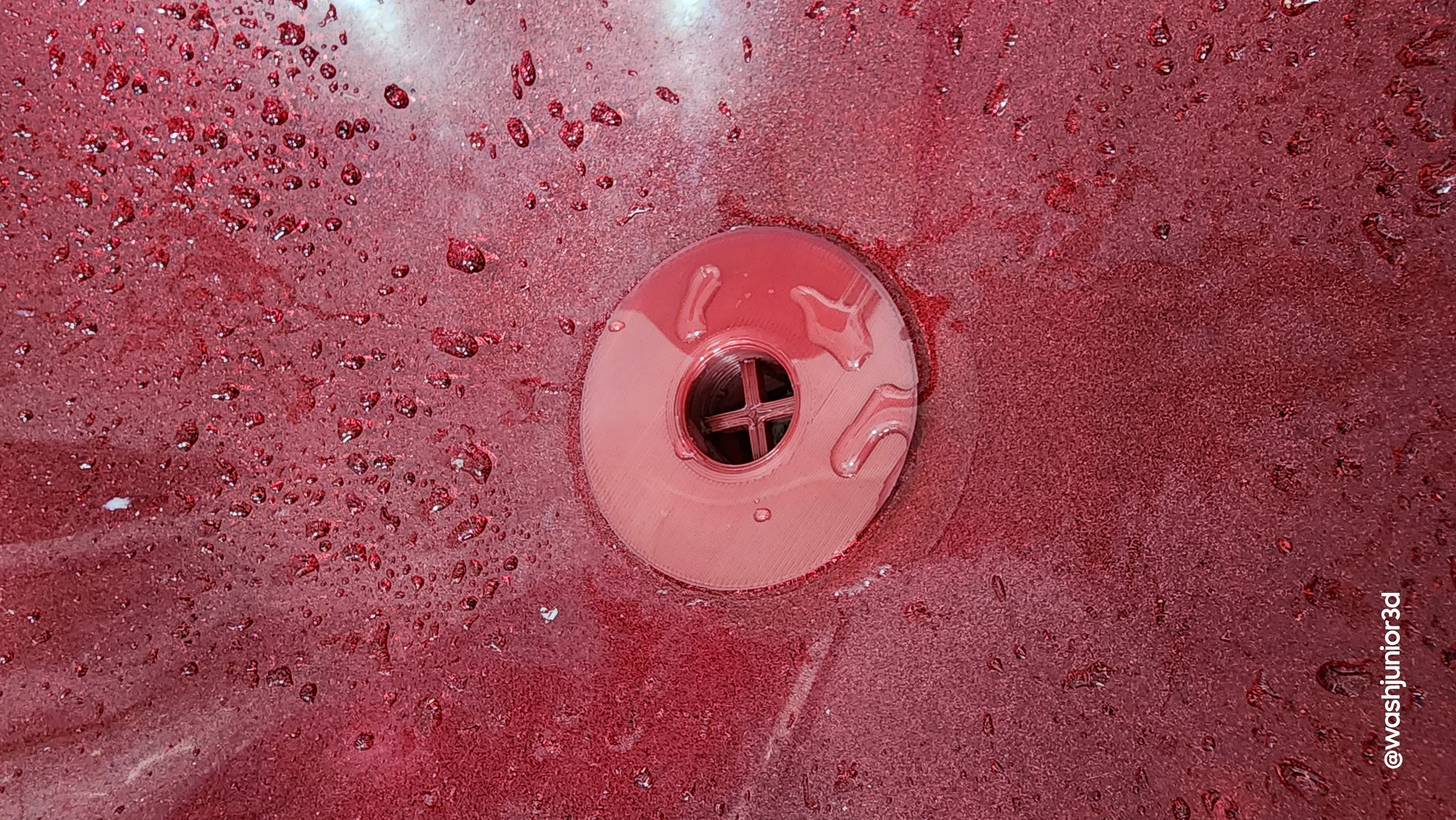 To prevent the stinky overflow, it is essential to incorporate regular cleaning and maintenance of your bathroom sink drain into your house design routine. A simple and effective way to do this is by using a drain stopper or strainer to catch hair and soap scum before they go down the drain. This should be cleaned after each use to prevent any buildup. Additionally, you can use a mixture of baking soda and vinegar to clean and unclog your drain. Simply pour the mixture down the drain, let it sit for 15 minutes, and then flush with hot water.
To prevent the stinky overflow, it is essential to incorporate regular cleaning and maintenance of your bathroom sink drain into your house design routine. A simple and effective way to do this is by using a drain stopper or strainer to catch hair and soap scum before they go down the drain. This should be cleaned after each use to prevent any buildup. Additionally, you can use a mixture of baking soda and vinegar to clean and unclog your drain. Simply pour the mixture down the drain, let it sit for 15 minutes, and then flush with hot water.
Professional Help
 If you have a severe bathroom sink drain overflow problem, it may be best to seek professional help. A plumber can thoroughly clean and unclog your drain using specialized tools and techniques. They can also identify and fix any underlying plumbing issues that may be causing the overflow.
If you have a severe bathroom sink drain overflow problem, it may be best to seek professional help. A plumber can thoroughly clean and unclog your drain using specialized tools and techniques. They can also identify and fix any underlying plumbing issues that may be causing the overflow.
Prevention is Key
 Preventing the stinky overflow is much easier and less costly than dealing with the aftermath. Incorporating regular cleaning and maintenance into your house design routine can save you time, money, and stress in the long run. It also ensures that your bathroom remains a clean and pleasant space for you and your family.
In conclusion, bathroom sink drain overflow is a common and preventable issue that can quickly turn into a bigger problem. By incorporating regular cleaning and maintenance into your house design routine, you can prevent the stinky overflow and keep your bathroom smelling fresh and clean. Remember to always address any plumbing issues promptly and seek professional help if needed. A little effort goes a long way in maintaining a functional and comfortable home.
Preventing the stinky overflow is much easier and less costly than dealing with the aftermath. Incorporating regular cleaning and maintenance into your house design routine can save you time, money, and stress in the long run. It also ensures that your bathroom remains a clean and pleasant space for you and your family.
In conclusion, bathroom sink drain overflow is a common and preventable issue that can quickly turn into a bigger problem. By incorporating regular cleaning and maintenance into your house design routine, you can prevent the stinky overflow and keep your bathroom smelling fresh and clean. Remember to always address any plumbing issues promptly and seek professional help if needed. A little effort goes a long way in maintaining a functional and comfortable home.



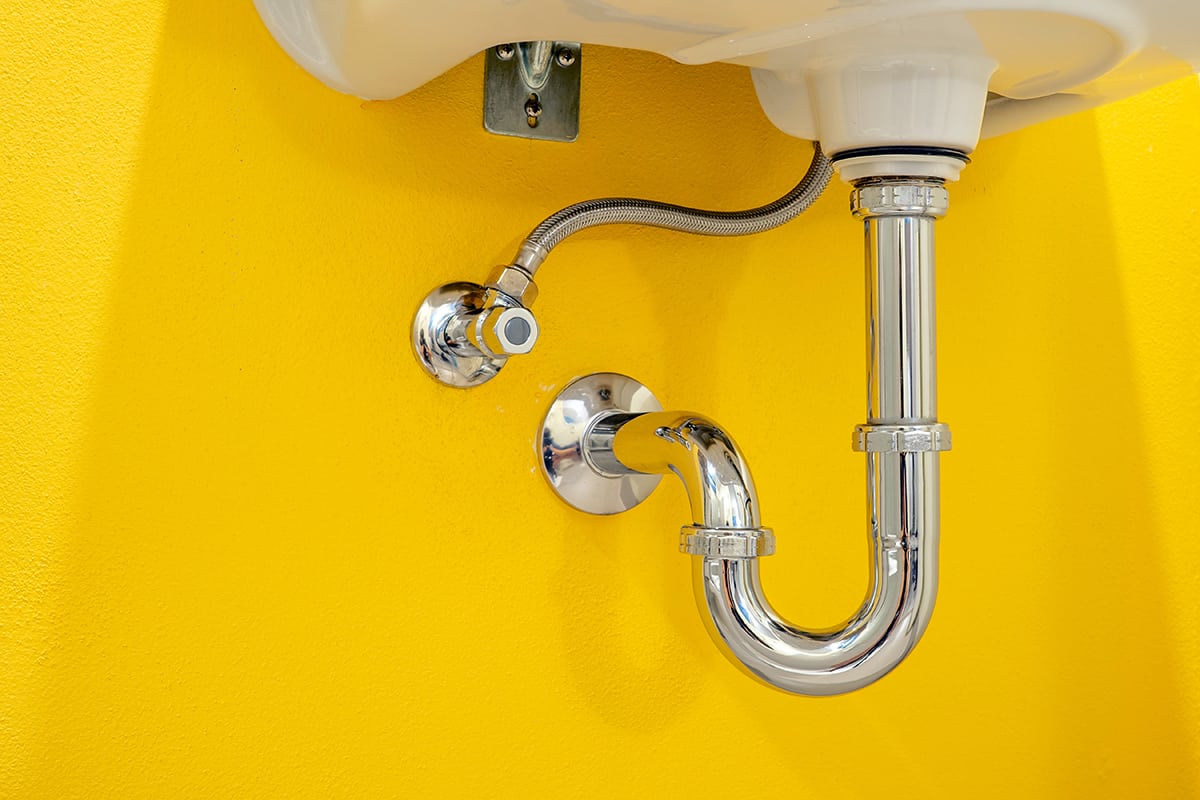












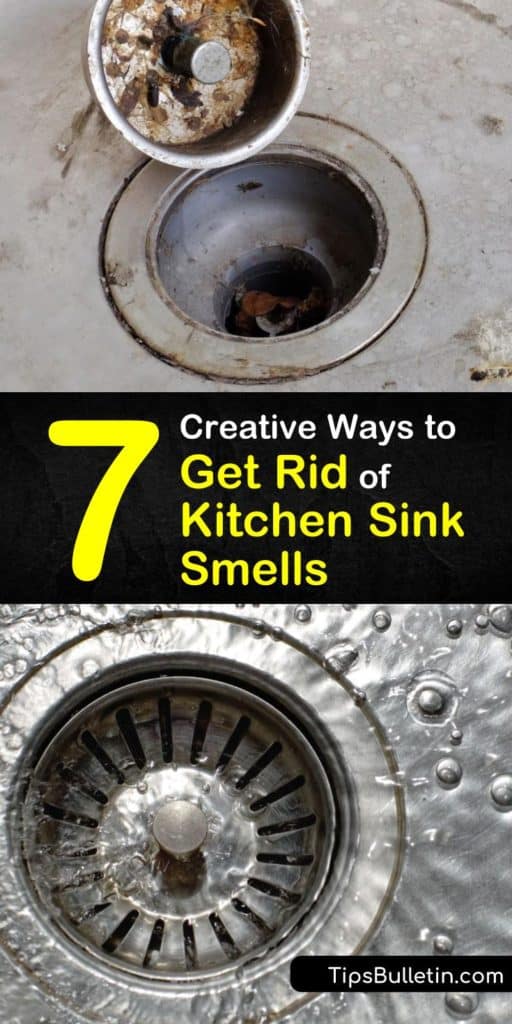






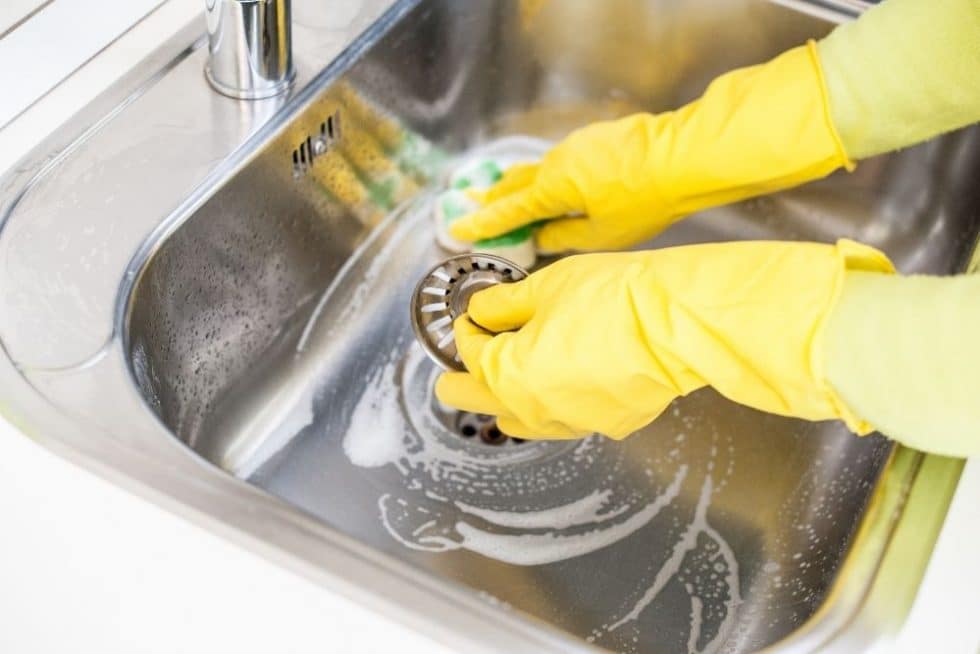
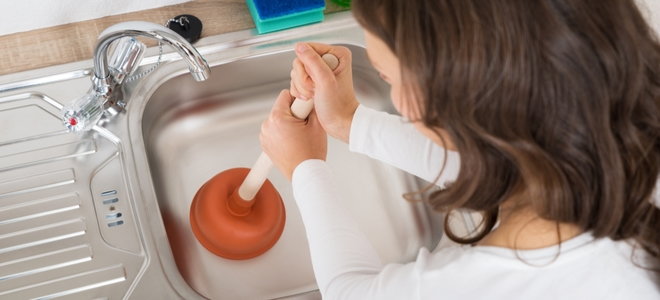







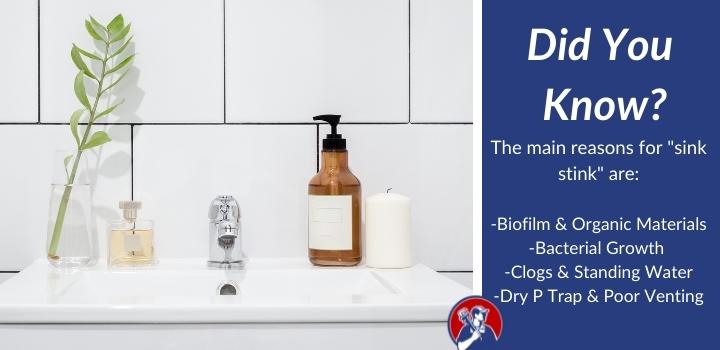


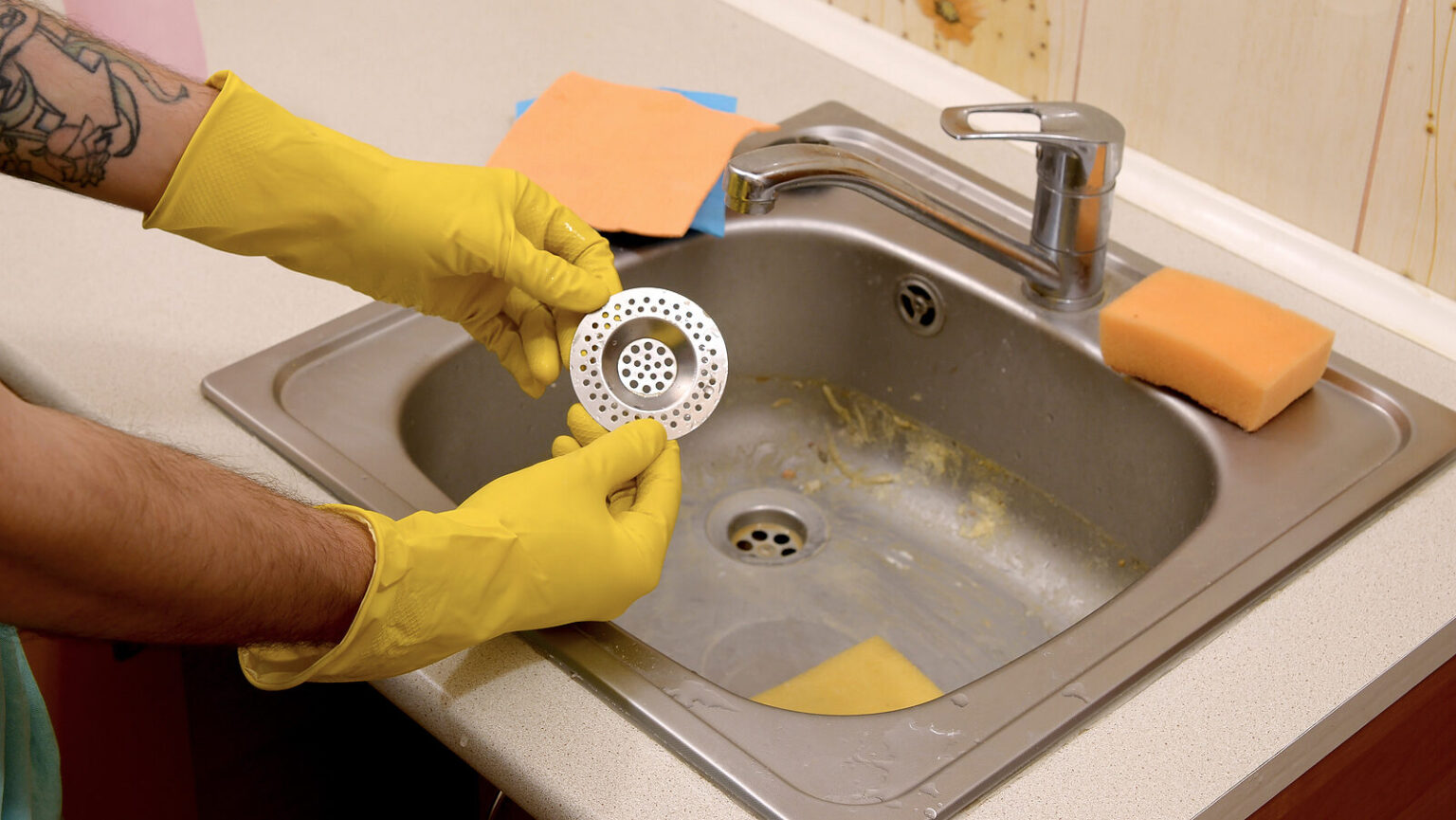
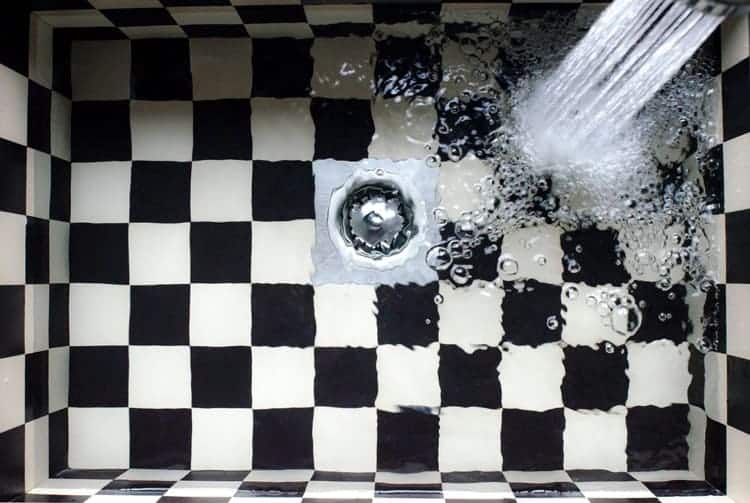





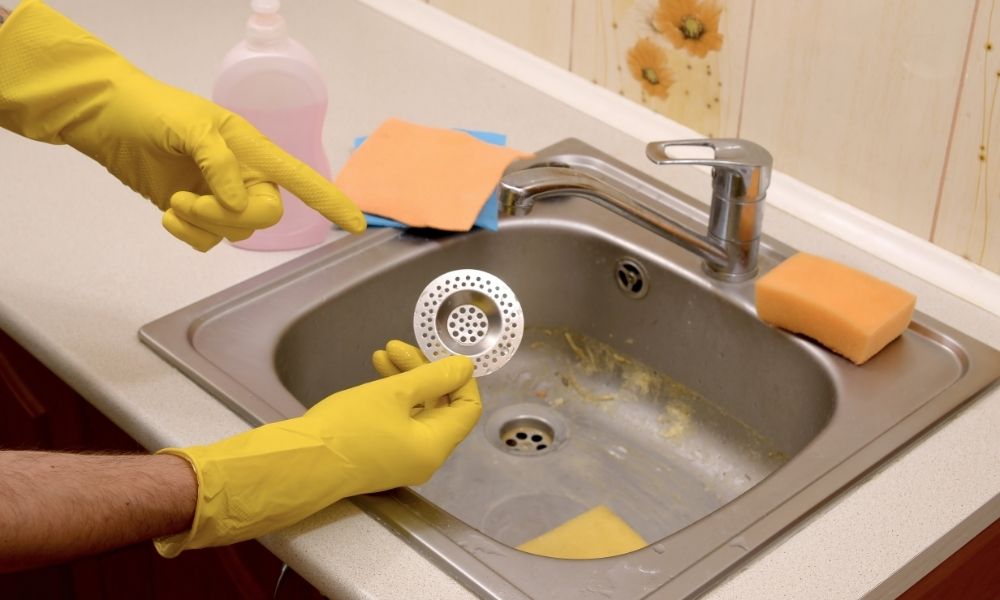










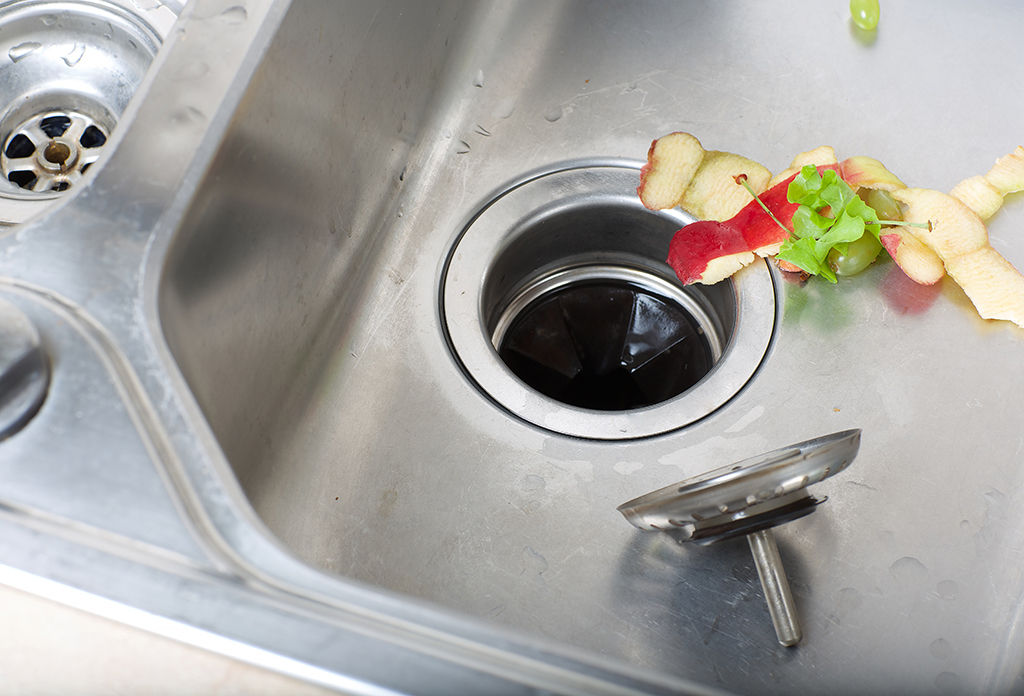


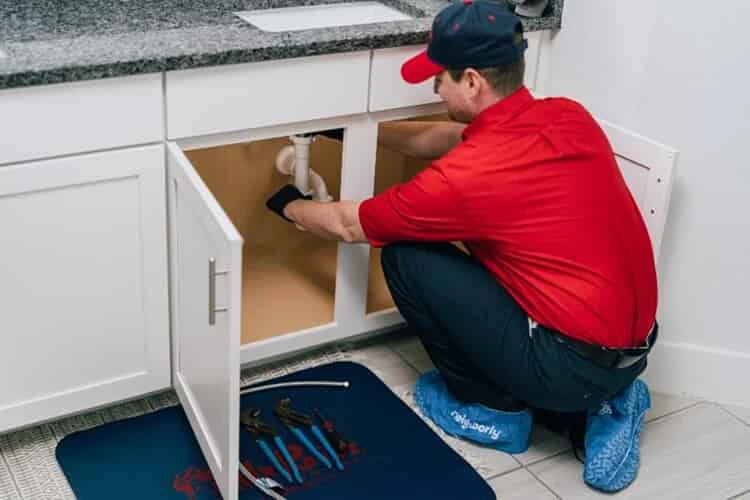
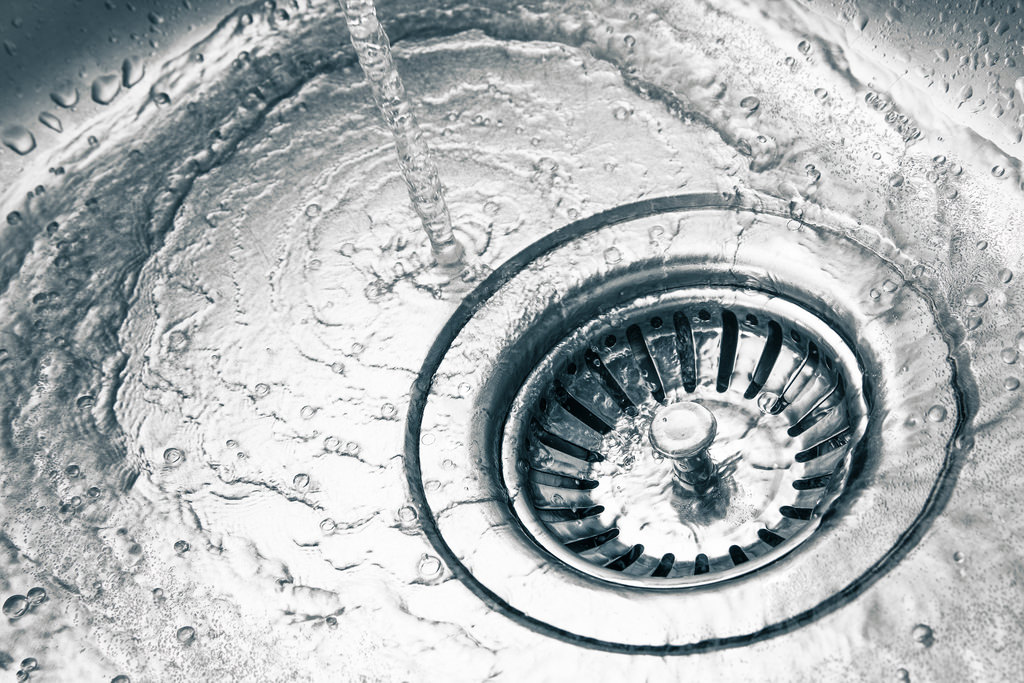
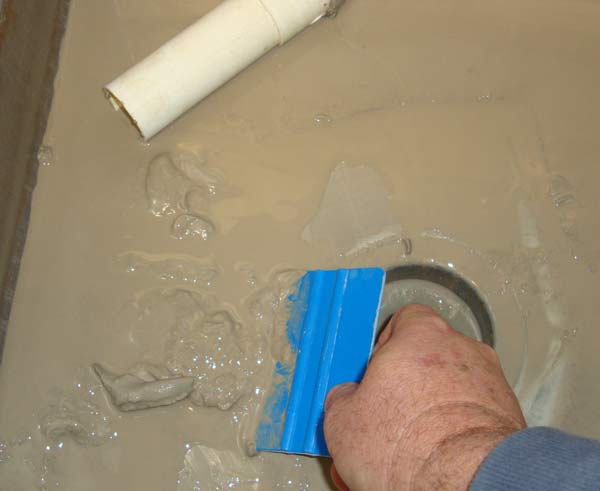
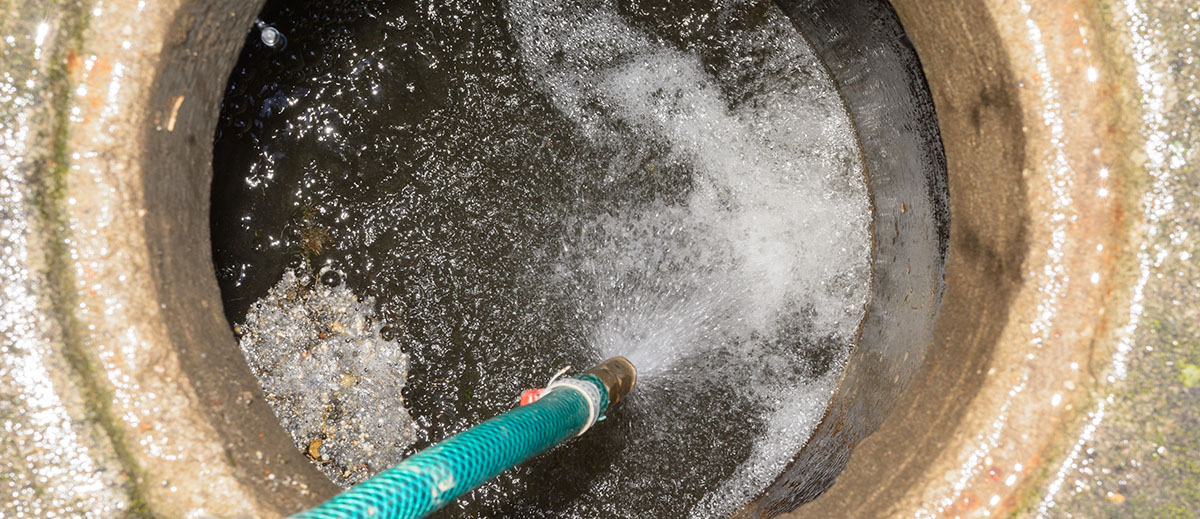





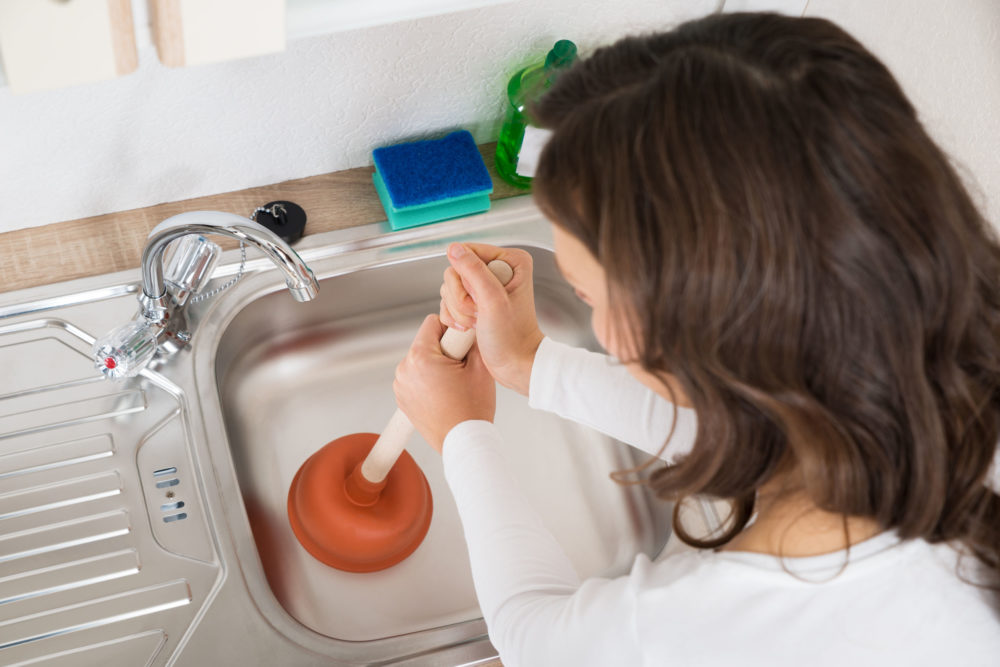


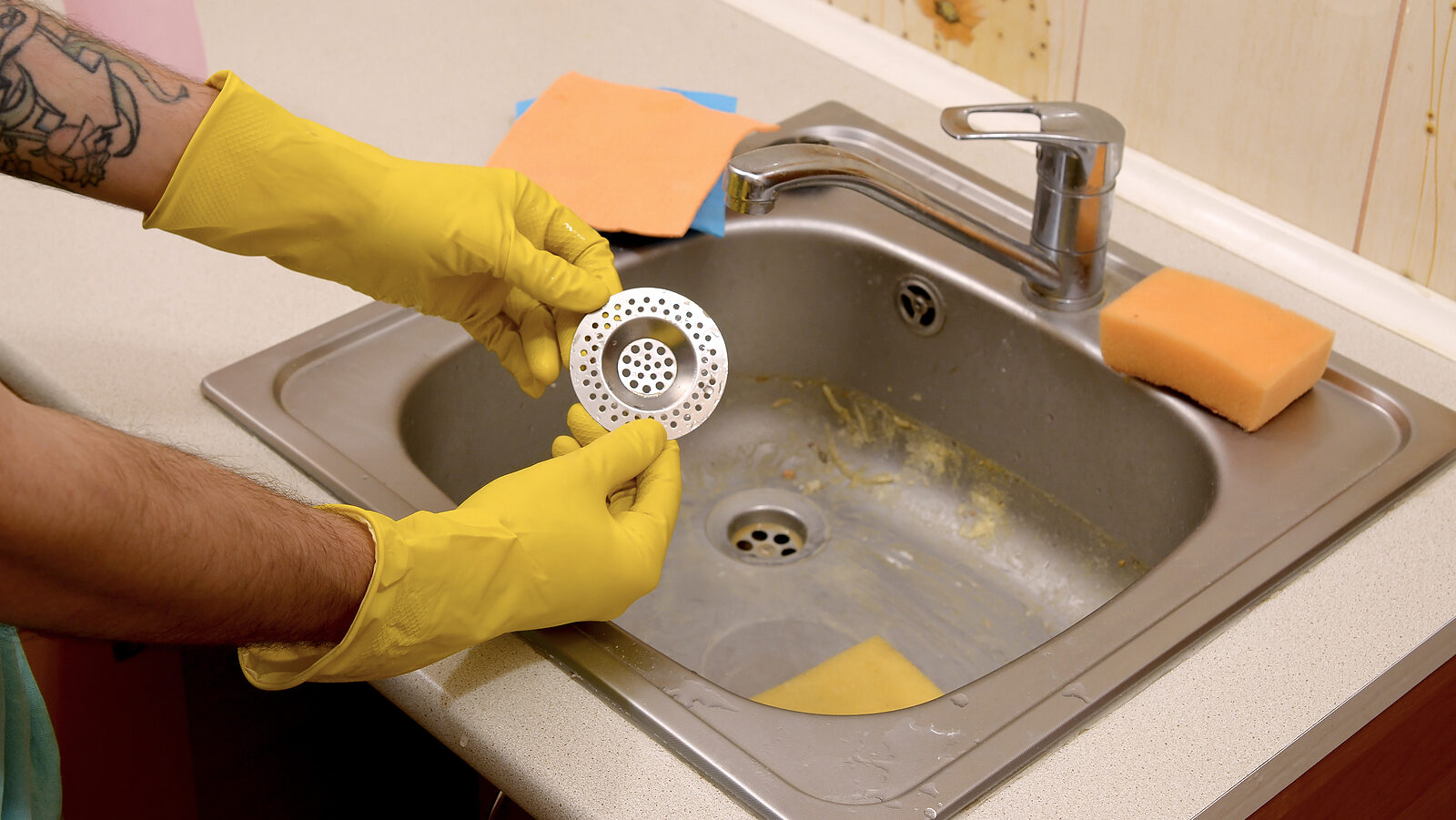
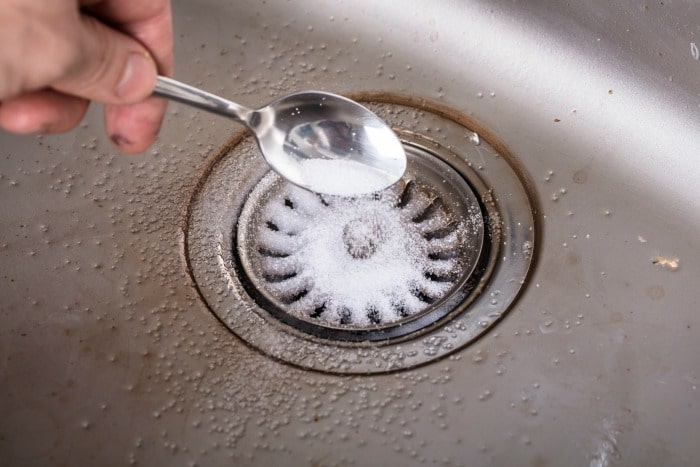




:max_bytes(150000):strip_icc()/how-to-clean-a-stinky-drain-5207454-hero-9d4668b2d4f94166b0d1908a9a8e0dbb.jpg)




